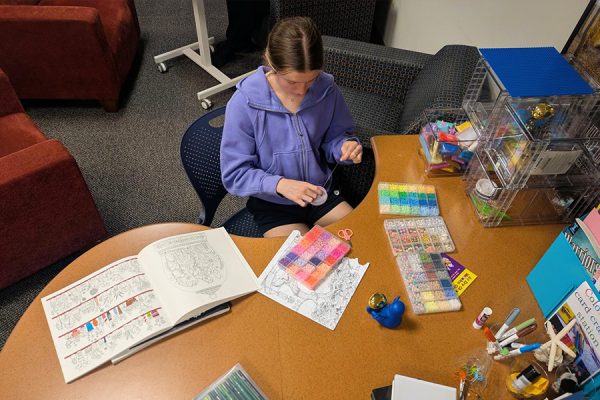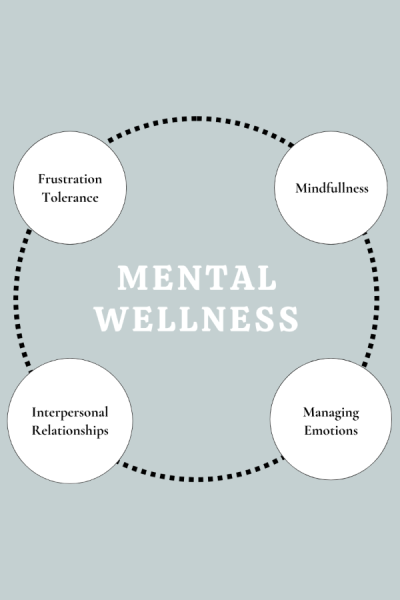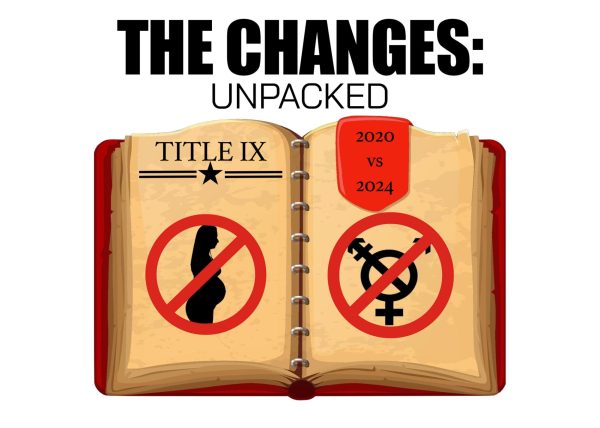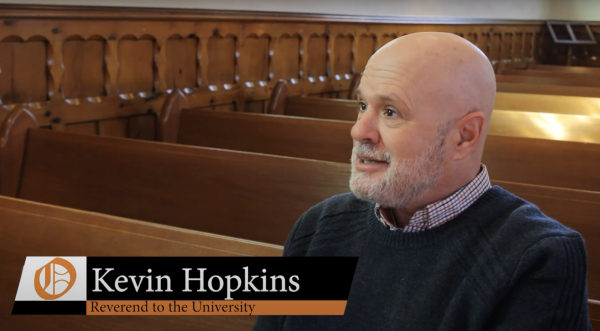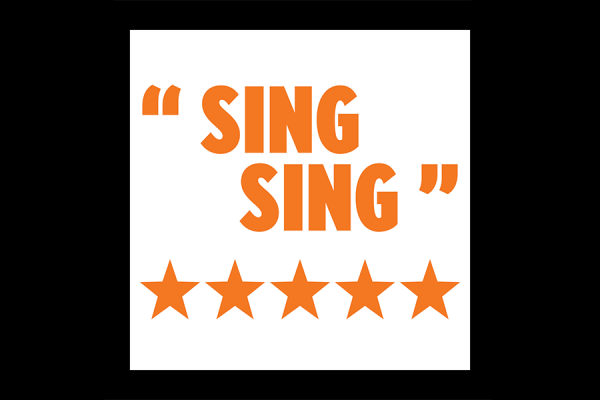New policy aims at preventing academic misconduct
Baker’s Academic Integrity policy was changed in the middle of the Fall 2016 semester through the actions of a faculty and student board. After the trial run, the policy saw its first year in full effect during 2017-2018 with the impact now being seen by faculty and students.
Assistant Dean of College of Arts and Sciences Martha Harris said that the policy was changed in order to better track instances of academic misconduct.
“We previously had a policy and parts of [it] are very similar to what we have now,” she said. “What we didn’t have was a way of knowing how often these things were happening and we didn’t have a way to track folks that had been charged with misconduct in different courses.”
Harris said that many students report having knowledge about the cheating that takes place at the University, especially in ways that shortcut their own work. She pointed out that, in a survey of 70,000 high school students conducted by the International Center for Academic Integrity (ICAI), 95 percent admitted to being involved in cheating in one way or another. This suggests that the behavior of academic misconduct is something that has become normalized and a mentality many students will carry with them to college.
“I advise students to contact their instructor or academic advisor if they are in doubt of their actions,” she said.
Harris believes that academic integrity is built on five fundamental values, as suggested by the ICAI — honesty, trust, fairness, respect and responsibility. Baker’s policy was changed “in hopes of reducing the temptation to cheat or take the easy way out,” Harris said.
Since implementing the changes, Harris said that the number of reported incidents for the 2016-2017 academic year and the 2017-2018 academic year was roughly the same. However, the severity of the instances decreased overall, something Harris hopes continues to happen.
Harris attributes the decline in academic misconduct cases to the material provided to students in the classroom during their first semester at the University. In addition, many professors are choosing to explicitly discuss academic misconduct and the expectations within their own class. Harris also said that the implementation of sanction points have made violations clearer for students.
“Sanctions are more severe for more serious offenses. [They] are cumulative and don’t expire,” she said. “Sanctions are in addition to any course-level action that is taken by the instructor — those may range from a zero on an assignment to failing the course.”
However, the new policy was designed to allow students to have a voice as well. Should a student feel as though an action taken against them in regard to their academic conduct is improper, they can choose to appeal the decision.
“They have the right to appeal a final course grade if that grade has been affected by an allegation of academic misconduct,” she said. “Similarly, there is an appeal process regarding sanction points that have been assigned with regard to an infraction.”
Although some students view the academic integrity policy as a whole as a punitive measure, Harris said that it is not so.
“[The policy] is meant to encourage students and faculty to both work on integrity,” she said. “It’s hard to build competence and confidence, as stated in our mission statement, if students aren’t doing their own work.”



